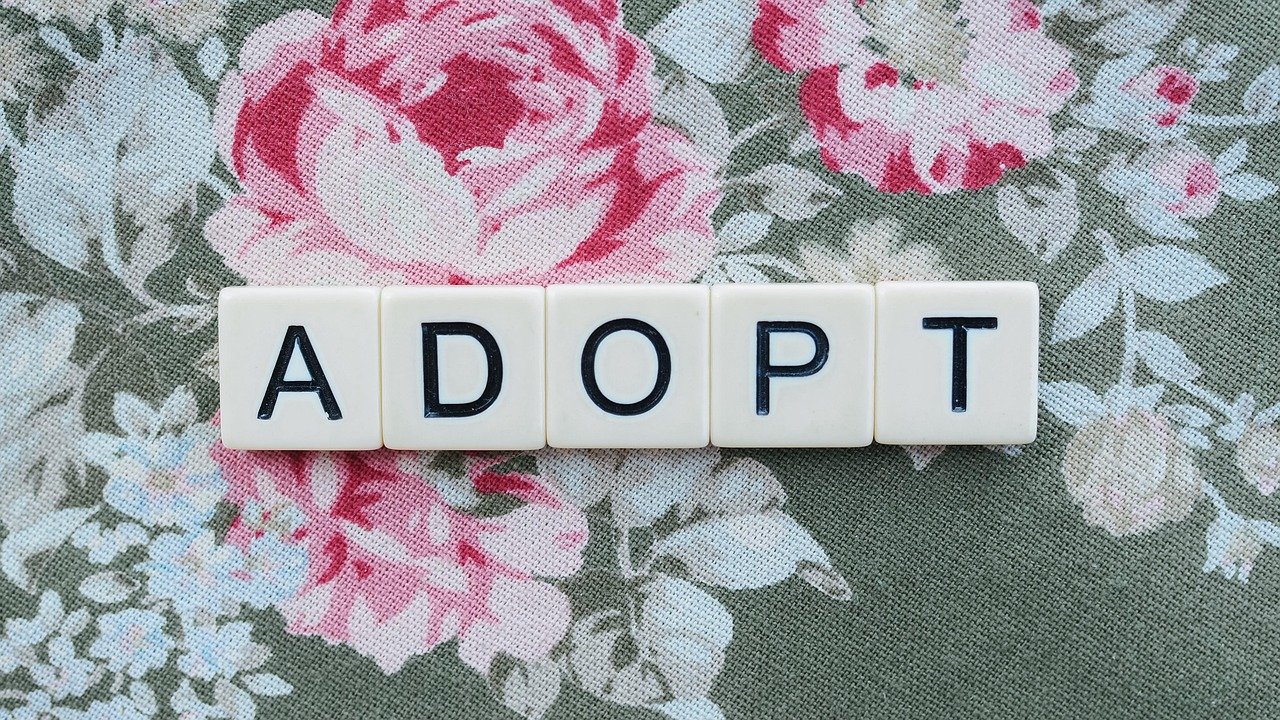Adoption in India: Legal Framework and Developments under the Bharatiya Nyaya Sanhita (BNS)

Introduction
Adoption is not merely a social act of compassion but a legally recognized process that establishes a parent-child relationship between individuals not biologically related. In India, adoption is governed by both secular and religious laws, with evolving interpretations in light of constitutional rights, child welfare, and gender equality.
While the Bharatiya Nyaya Sanhita (BNS), 2023 — India’s replacement of the Indian Penal Code — is largely focused on criminal law, its indirect impact on child welfare and family law, including adoption, is worth examining.
I. Understanding Adoption in Indian Legal Context
1. Definition of Adoption
Adoption legally transfers all parental rights and responsibilities from the biological to the adoptive parents. It creates an irrevocable legal bond, including rights of inheritance, guardianship, and maintenance.
2. Governing Laws in India
There is no uniform civil code for adoption. Laws vary based on the religion of the adoptive parent:
| Religion | Governing Law |
|---|---|
| Hindus (incl. Buddhists, Jains, Sikhs) | Hindu Adoption and Maintenance Act (HAMA), 1956 |
| Muslims, Christians, Parsis | Guardians and Wards Act (GWA), 1890 |
| Any Indian citizen | Juvenile Justice (Care and Protection of Children) Act, 2015 |
II. Key Provisions Under Major Laws
A. Hindu Adoption and Maintenance Act (HAMA), 1956
- Only Hindus can adopt under this law.
- Adoption is full and final; the adopted child gets the same rights as a biological child.
- Conditions include sound mind, consent of spouse, and no child of the same gender already present.
B. Guardians and Wards Act (GWA), 1890
- Applies to Muslims, Christians, and Parsis.
- Provides only guardianship, not full adoption.
- Child does not get automatic inheritance rights unless stated in a will.
C. Juvenile Justice (Care and Protection of Children) Act, 2015
- Allows adoption irrespective of religion — India’s only secular adoption law.
- Adoption applies to orphaned, abandoned, or surrendered children.
- Regulated by the Central Adoption Resource Authority (CARA).
III. What Does the BNS (2023) Say About Adoption?
A. No Direct Provision in BNS
The Bharatiya Nyaya Sanhita, 2023 is a replacement for the IPC and is primarily criminal in nature. It does not contain direct provisions for adoption. However, its impact on adoption is indirect.
B. Criminal Offenses Related to Adoption
- Illegal Adoption: Penal consequences for bypassing procedures under JJ Act or HAMA.
- Forgery: Falsifying adoption papers is punishable under forgery provisions.
- Exploitation: Abuse or trafficking of adopted children is prosecutable under BNS Sections 86–88.
- Kidnapping for Adoption: Unlawfully taking a child to pass off for adoption may trigger abduction laws.
C. Enhanced Child Protection Mechanism
BNS emphasizes victim-centric justice and strengthens child protection through tougher penalties against trafficking and abuse, indirectly improving adoption safety.
IV. Judicial Developments and Constitutional Interpretation
- Shabnam Hashmi v. Union of India (2014): Upheld the right of any Indian to adopt under the JJ Act regardless of religion.
- LGBTQ+ Adoption: Same-sex couples not yet allowed joint adoption, but single LGBTQ+ individuals may adopt under the JJ Act.
- Uniform Civil Code (UCC): Still debated — would unify adoption and succession laws across communities.
V. The Adoption Process in India (JJ Act Pathway)
- Register on CARA portal
- Home Study Report by an authorized agency
- Child Referral and Acceptance
- Pre-adoption foster care
- Legal adoption order by the court
VI. Challenges and Concerns
- Delays in adoption processing
- Shortage of legally free children
- Stigma among non-Hindu communities
- Fragmented legal structure
- Post-adoption abuse cases
Conclusion
While the Bharatiya Nyaya Sanhita does not directly govern adoption, it reinforces criminal safeguards that ensure legality and child safety in the process. The Juvenile Justice Act remains India’s most inclusive adoption law, offering a progressive path forward.
As India inches closer to broader legal reforms and a potential Uniform Civil Code, the hope is for an inclusive, child-centric adoption ecosystem that serves both humanitarian and legal integrity.

